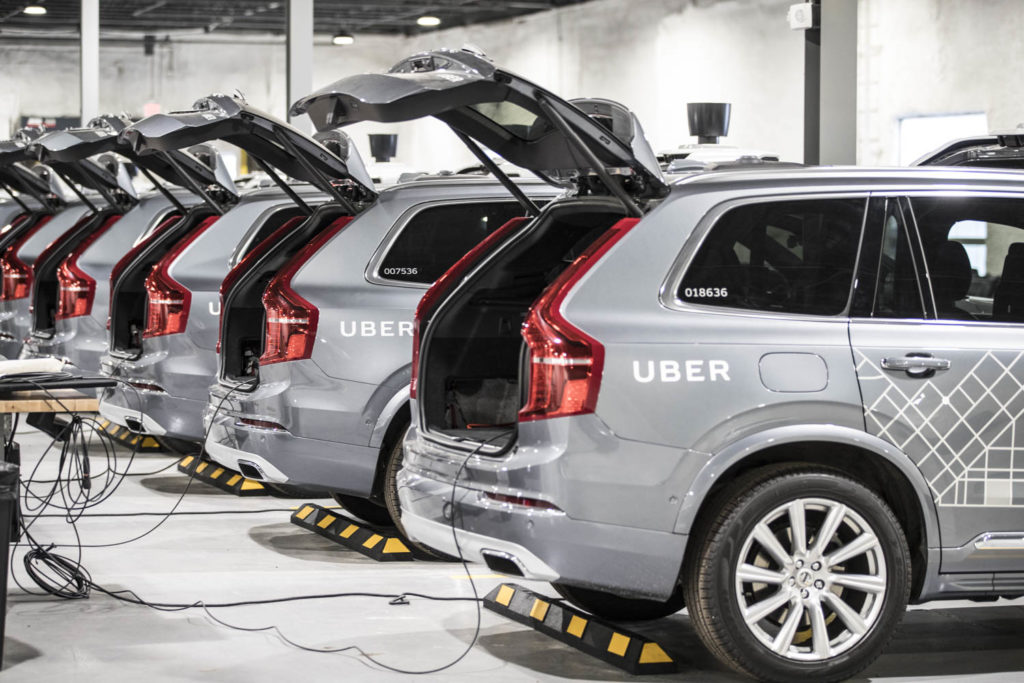 Uber’s CEO has committed to making all of its European cars EVs within a decade and has set aside $800m (£623m) to help drivers transition by 2025.
Uber’s CEO has committed to making all of its European cars EVs within a decade and has set aside $800m (£623m) to help drivers transition by 2025.
CEO Dara Khosrowshahi said the firm will globally apply a clean air model honed in London, with a new white paper outlining Uber’s roadmap for public-private collaboration across EU cities to achieve 100 per cent electric mobility. It is also consulting on the best approach globally and has pledged to “becoming a fully zero-emission platform by 2040”.
The company had already committed to electrify all of its London rides by 2025. Khosrowshahi said its London drivers provided 1 million electric rides in 2019.
Post-Covid, Khosrowshahi said the company would also work more closely with transport agencies to integrate Uber rides and services into public transport infrastructure.
The move was welcomed by former executive secretary of the United Nations Framework Convention on Climate Change, Christiana Figueres
“We applaud Uber’s bold commitment to reduce carbon emissions globally alongside its aim to partner locally. When demand is forecasted to increase exponentially at the same time that emissions have to be reduced dramatically, innovation from corporations like Uber becomes critical to decarbonising the transport sector,” she stated.
“We hope other companies will follow suit.”
Details here.
Download The Energyst’s free 2020 EV report, packed with insight and interviews, here.




The problem with a total commitment to battery power only is that the vehicle owners that work for UBER have no choice but to immobilise their vehicles during the long charging time, noting that fast charging reduces the battery life. Some owners may be several individuals who together run the UBER taxi calling service 24/7 with a single car, to have the fastest return on their investment. The alternative of hydrogen power allows them to fill up with energy as fast as petrol or diesel, and eliminates the need for a large number of charging stations. Green Tomato Cabs have already understood the problem of charging time with their Toyota Mirai hydrogen powered cars that are available in the London area if you specify them. The Mirai is presently around twice the price of a diesel cab and will get cheaper as more are sold, just like the the early EVs. I have no financial interest in Green Tomato Cabs or Toyota.